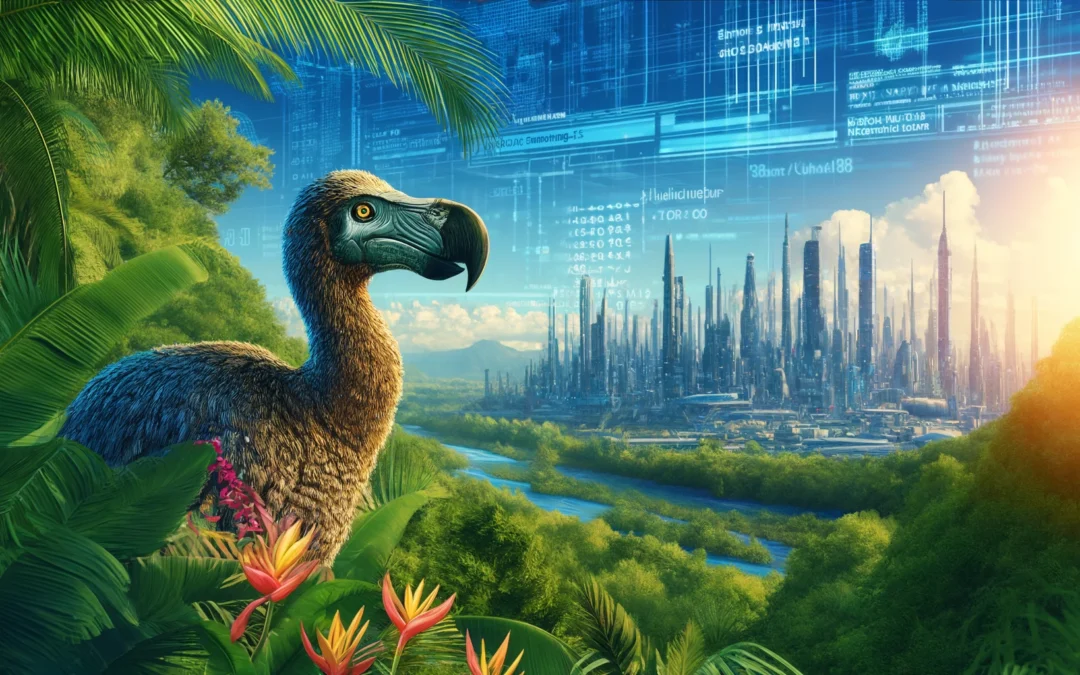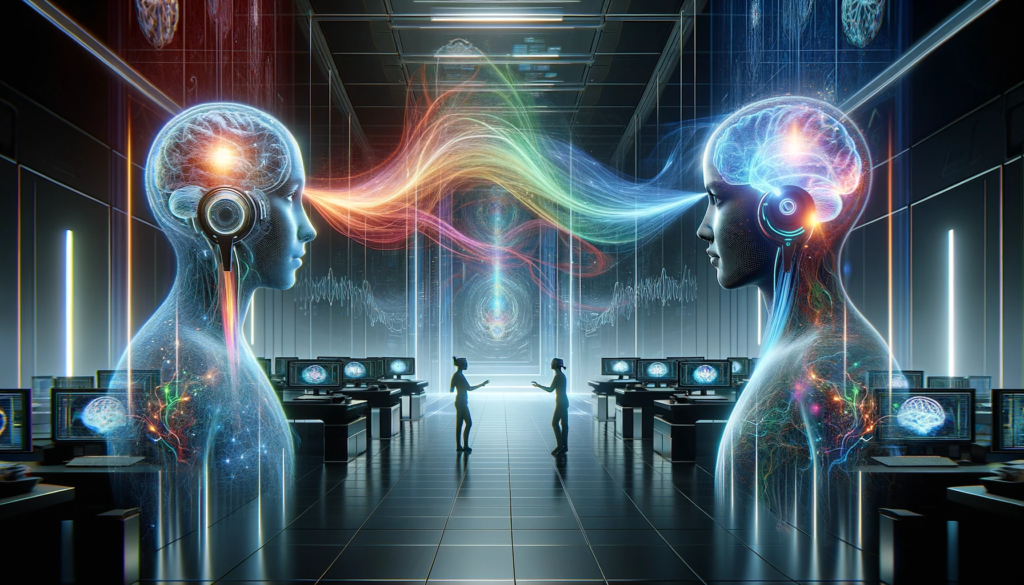The extinction of the dodo bird, a tale steeped in the stark realities of ecological impact, resonates deeply with contemporary discussions around artificial intelligence (AI) and its potential to redefine human existence. As we delve into the narrative of the dodo, parallels emerge, inviting a reflective exploration of human adaptability and the unforeseen consequences of technological evolution.
The Dodo’s Unique Ecosystem
The dodo (Raphus cucullatus) was a flightless bird native to Mauritius, an isolated island in the Indian Ocean. With no natural predators, the dodo evolved within a unique ecosystem, growing to about one meter in height and weighing between 10-18 kilograms. Its life was one of apparent ease; the dodo fed on fallen fruits and nested on the ground. However, this idyllic existence was dramatically disrupted in 1598 with the arrival of Dutch sailors.
The Arrival of Humans and the Extinction of the Dodo
The sailors, who were the first humans to step foot on Mauritius, encountered a bird that was wholly unprepared for predators. The dodo, with its flightless wings and trusting nature, was no match for the human intruders. The rapid extinction of the dodo by the late 17th century serves as a stark reminder of the vulnerability that arises from an inability to adapt to rapidly changing environments. The arrival of humans marked a fatal ecological shift for the dodo, much as the burgeoning era of AI presents a pivotal challenge to contemporary society.
Parallels with Artificial Intelligence
The parallels between the dodo’s extinction and the rise of AI are not just metaphorical but offer a mirror reflecting our potential future—highlighting the need for humanity to adapt to and wisely manage new technologies that could redefine our world. Artificial intelligence, like the arrival of humans on Mauritius for the dodo, represents an external force of change that is swift and profound. Just as the dodo could not foresee or combat its impending doom, humans now face the formidable task of navigating a landscape increasingly dominated by AI.
This technology, while heralding unprecedented advancements, also brings with it significant challenges. The displacement of jobs due to automation, the ethical dilemmas posed by autonomous systems, and the profound questions about privacy and surveillance are just some of the issues that parallel the invasive challenges faced by the dodo. Furthermore, just as invasive species like rats, dogs, and pigs introduced by humans decimated the dodo’s eggs and competed for its food sources, AI introduces competitors to the human workforce and challenges our cognitive territories in fields ranging from chess to medical diagnosis.
The Importance of Adaptation and Ethical Responsibility
The dodo’s extinction was accelerated by its lack of fear and the absence of evolutionary pressure to develop survival strategies against predators. In a similar vein, humanity may find itself ill-prepared to deal with the ramifications of AI if it does not cultivate a robust understanding of and resilience against the potential negative impacts of these technologies.
The narrative of the dodo also compels us to reflect on the ethics of responsibility. Just as early visitors to Mauritius had the power but not the foresight to prevent the extinction of the dodo, today’s technologists and policymakers hold the power to shape how AI impacts our world. The question remains whether they will recognize their responsibility to do so ethically, ensuring that AI serves to enhance rather than diminish the quality of human life.
Conclusion
In conclusion, the story of the dodo is not just a historical recount of an extinct species; it is a cautionary tale that has significant implications for humanity today as we stand on the brink of the AI revolution. The lessons we learn from the dodo’s extinction can inform our approach to emerging technologies, encouraging us to develop adaptive strategies that ensure our survival and thriving in a new era. As we forge ahead, let us remember the dodo—not just as a symbol of what was lost, but as a lighthouse guiding us through the challenging waters of technological change. In this reflection, the dodo and humanity are intertwined narratives, a reminder of the delicate balance between progress and preservation, a call to action to navigate the future with wisdom, foresight, and an unwavering commitment to ethical stewardship.










